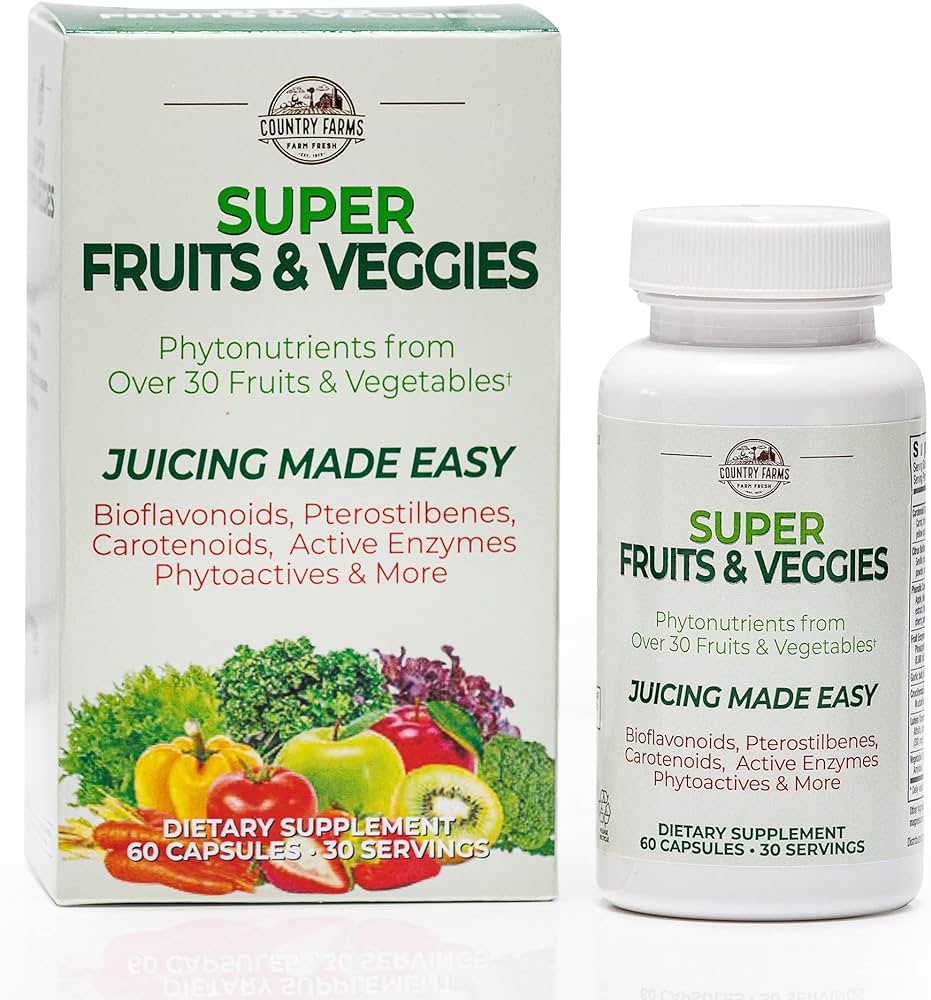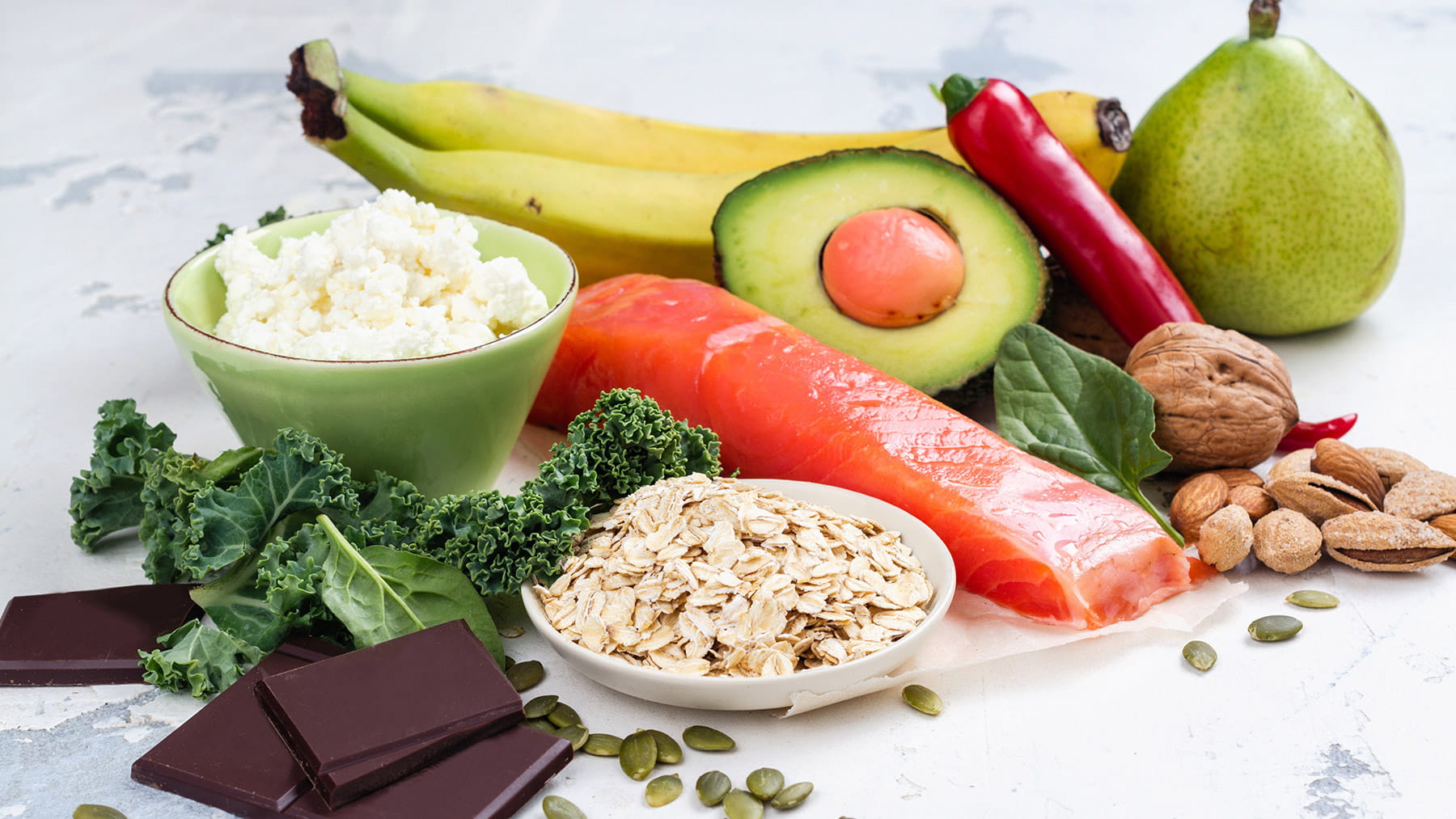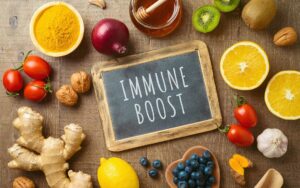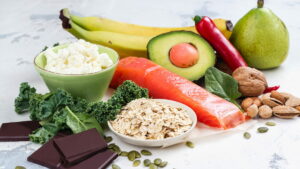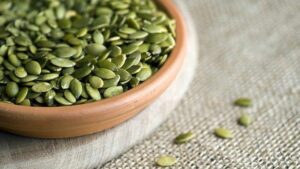Gut health has gained a lot of attention in recent years, and for good reason. The health of our gut impacts our overall well-being, from our immune system to our mental health. One way to support a healthy gut is by incorporating probiotics into our diet. Probiotics are live bacteria and yeasts that are beneficial for our digestive system. They help balance the good and bad bacteria in our gut, improving digestion and nutrient absorption.
Table of Contents
What Are Probiotics?
Probiotics are microorganisms that provide health benefits when consumed in adequate amounts. They can be found naturally in certain foods or taken as supplements. These live microorganisms help restore the natural balance of bacteria in our gut, promoting better digestion and overall gut health.
The Benefits of Probiotics
The consumption of foods high in probiotics has been linked to various health benefits. These include:
- Improved digestion: Probiotics assist in breaking down food and absorbing nutrients more efficiently.
- Enhanced immune function: A significant portion of our immune system resides in our gut. Probiotics help regulate the immune response, reducing the risk of infections and allergies.
- Mental health support: The gut-brain axis is a crucial connection between our gut and brain. Probiotics can positively impact mental health conditions such as anxiety, depression, and stress.
- Reduced inflammation: Certain strains of probiotics have been shown to decrease inflammation in the body, which can lead to a lower risk of chronic diseases such as heart disease and diabetes.
Foods That Are High in Probiotics
While probiotic supplements are readily available, incorporating natural food sources of probiotics into your diet is an excellent way to support your gut health. Here are some foods that are high in probiotics:
| Food | Probiotic Strains |
|---|---|
| Yogurt | Lactobacillus acidophilus, Bifidobacterium bifidum, Streptococcus thermophilus |
| Kefir | Lactobacillus kefiranofaciens, Bifidobacterium, Lactobacillus acidophilus, Streptococcus thermophilus |
| Sauerkraut | Lactobacillus bacteria |
| Kimchi | Lactobacillus kimchii, Leuconostoc mesenteroides |
| Miso | Lactobacillus, Bifidobacterium, Pediococcus, Streptococcus |
| Tempeh | Rhizopus oligosporus |
These foods contain specific strains of bacteria and yeasts that can help improve your gut health. Including a variety of probiotic-rich foods in your diet ensures a diverse range of beneficial microorganisms.

Credit: www.amazon.com
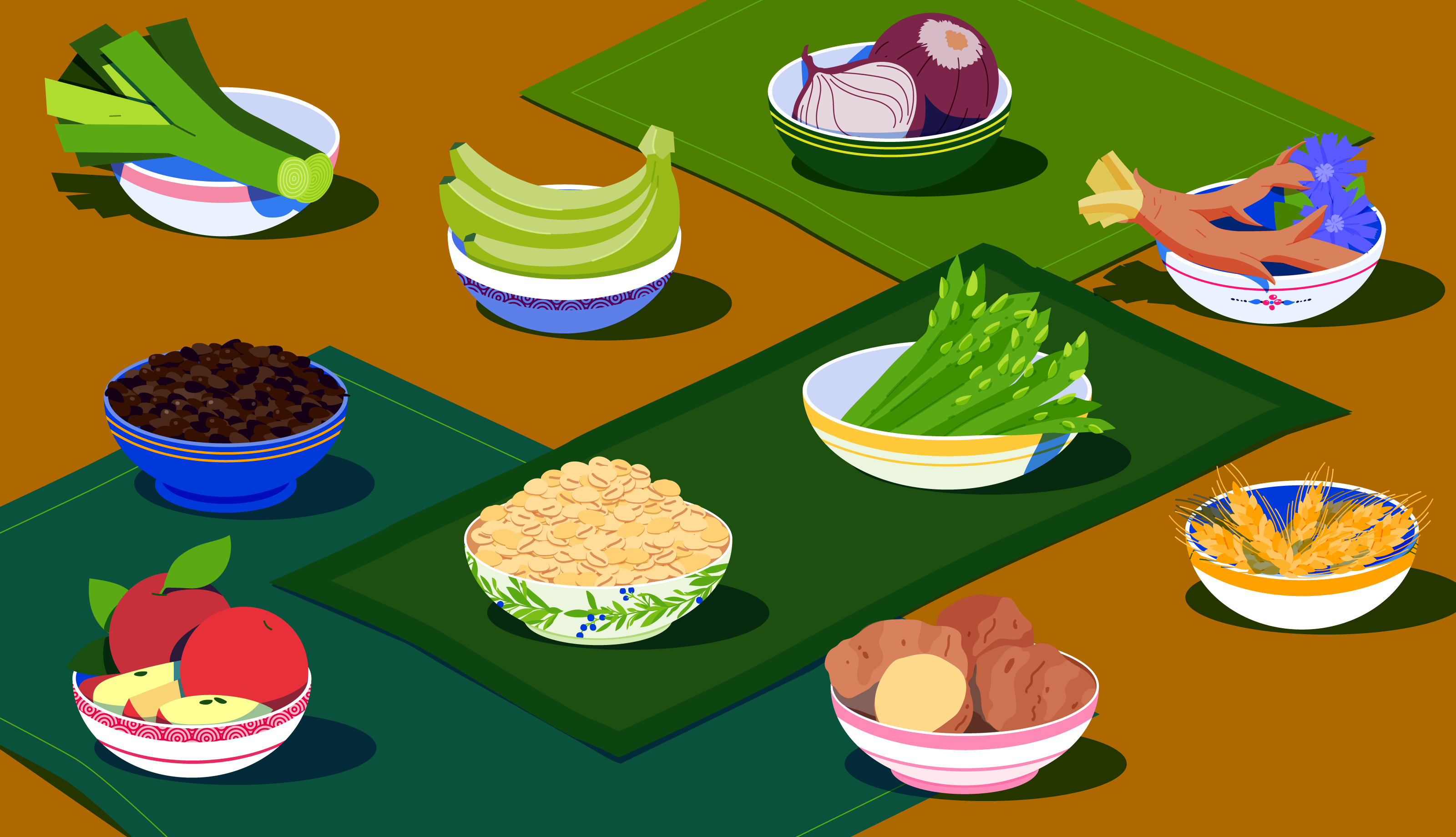
Credit: atlasbiomed.com
Tips for Incorporating Probiotics Into Your Diet
Here are some tips to help you incorporate probiotics into your daily diet:
- Choose fermented foods: Opt for fermented foods like yogurt, kefir, sauerkraut, kimchi, miso, and tempeh. These foods contain high levels of live bacteria.
- Read food labels: When purchasing fermented products, read the labels to ensure they contain live and active cultures.
- Try homemade options: Consider making your own fermented foods like yogurt, sauerkraut, and kombucha. This gives you control over the ingredients and fermentation process.
- Start slowly: If you’re new to consuming probiotic-rich foods, start with small servings and gradually increase the amount to prevent any digestive discomfort.
- Combine with prebiotic foods: Prebiotics are non-digestible fibers that feed the probiotics in your gut. Include prebiotic foods like bananas, onions, garlic, and asparagus in your diet to support the growth of beneficial bacteria.
Frequently Asked Questions Of Foods With High Probiotics : Boost Gut Health With These Powerful Superfoods
What Are Foods With High Probiotics?
Foods with high probiotics are fermented foods that contain beneficial live bacteria that support gut health.
How Do Probiotic Foods Benefit Our Health?
Probiotic foods benefit our health by improving digestion, boosting the immune system, reducing inflammation, and enhancing nutrient absorption.
Which Foods Are High In Probiotics?
Foods high in probiotics include yogurt, sauerkraut, kimchi, kefir, miso, tempeh, pickles, and certain types of cheese.
Can Probiotic Foods Help With Digestive Issues?
Yes, probiotic foods can help with digestive issues by balancing the gut microbiome and improving gut health, reducing symptoms like bloating and constipation.
Conclusion
Incorporating probiotics into your diet can have significant benefits for your gut health and overall well-being. By consuming foods high in probiotics and following the tips mentioned above, you can support a healthy gut and enhance your digestion, immune function, and mental health.
- If you need Digital marketing agency Services including Website development, Keyword research, Content creation, Website SEO, Ads revenue boost & All types of YouTube Services. take immediate action, Search Pika stands ready to help.


